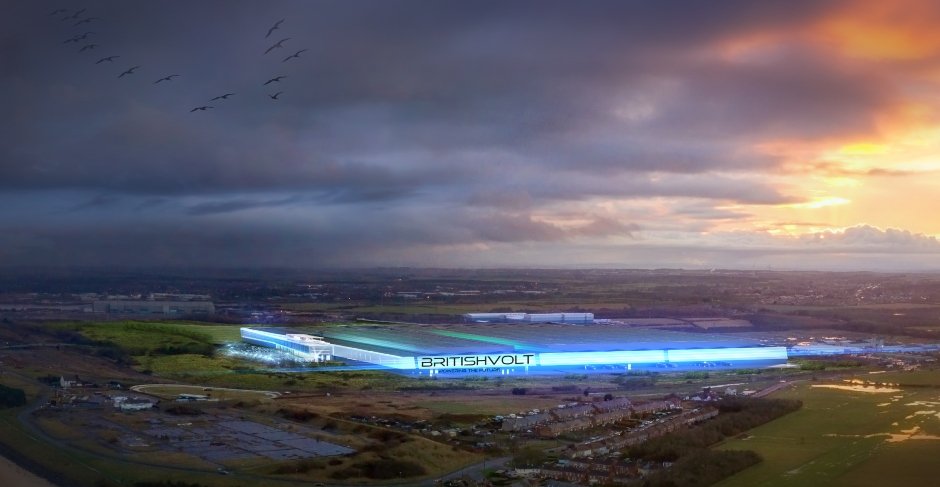New electric cars – whether pure, plug-in hybrids or full hybrids – accounted for 41% of new vehicles rolling out off British automotive production lines last month, a share nudging close to last year’s record.
Figures for January released today by the Society of Motor Manufacturers and Traders log over 23,000 new vehicles made in Britain with electric or part-electric drives, a rise of just under 50% on January 2022.
Sadly the good news goes little further. In a sluggish market, an overwhelming share of British EV production is destined for export, as neighbouring economies with stronger growth embrace e-mobility.
Overall production including still dominant ICE jalopies was flat. A dip of 0.3% in unit output saw British car making at its most sluggish since the 1980s.
Depressed worldwide sales resulting from Putin’s invasion of Ukraine were cited by the SMMT as causes for the downturn. Co-ordinated trade sanctions put Russia off limits to sales of UK car brands.
2023 has opened badly for Britain’s car makers. Ford’s announcement last week of 1,300 job cuts centred around its Dunton, Essex research station reflects the firm’s preference for the EU as a base for the EV-related innovations it sees as its future.
This month saw the troubled Britishvolt volume EV battery project in Sunderland, pictured, collapse into administration. It was subsequently bought out by start-up Australian firm Recharge Industries.
Electricity last year edged above diesel, into second place behind petrol as the UK’s most favoured traction method on road. 2022 was set a new record, with electric traction taking 16.6 per cent of new car sales.
SMMT chief executive Mike Hawes called on the government to deliver clearer policy support for the sector and push back against protectionist trade policies worldwide.
“Automotive manufacturing can drive long-term growth for the low carbon economy but the sector needs competitive conditions to attract investment,” he said. “Recent global developments, however, suggest increasing protectionism which, if not challenged or mitigated, could put the UK at a disadvantage.
“To deliver a wholesale industrial transformation we need a competitive framework and a pitch that promotes advanced vehicle manufacturing internationally. We now look to the forthcoming Budget for the necessary measures that will enable the automotive sector to deliver its undoubted potential.”




